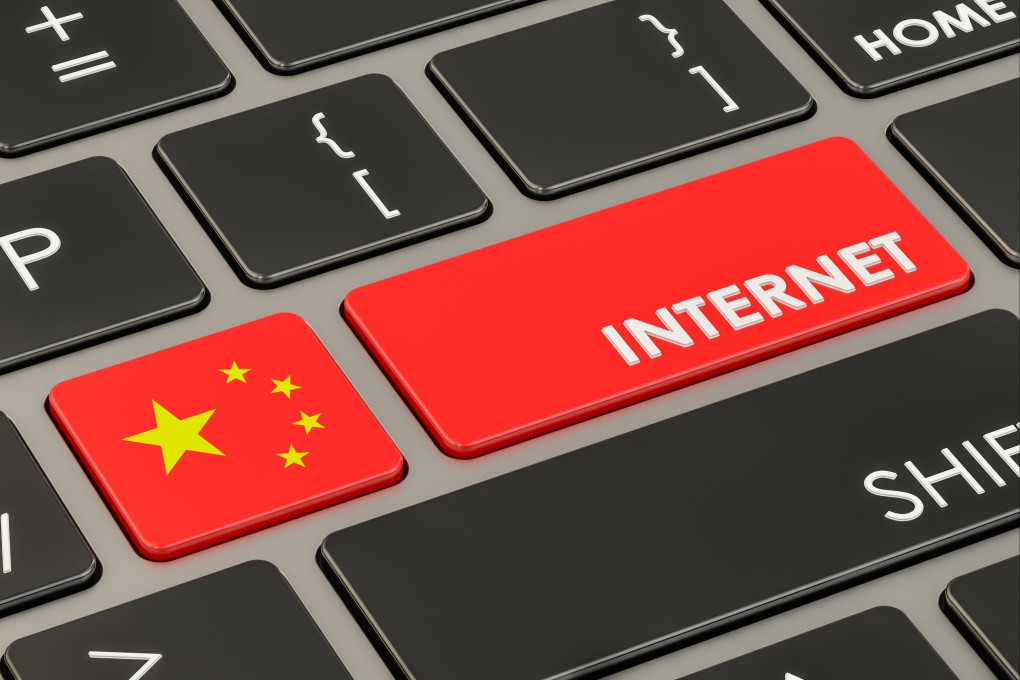Advertisement
China steps up crackdown on ‘misleading’ AI-generated content, ‘troubling phenomena’
- Top cyber office kicks off campaign to ‘clean up’ the internet, targeting ‘rumours’
- Beijing is increasingly concerned about computer-generated content used to create deepfake videos, disinformation and scams
Reading Time:2 minutes
Why you can trust SCMP
2

Hayley Wongin Beijing
China’s internet regulator has promised to clean up “unlabelled and likely misleading” AI-generated content in its latest campaign, announcing a revised list of “prominent troubling phenomena” to be tackled this year.
Advertisement
In a statement on Friday, the Cyberspace Administration of China (CAC) demanded that online platforms “remove accounts that use computer-generated technology for spreading rumours, marketing or hyping”. The country began an internet “clean-up” campaign in 2021.
Last year, the administration introduced regulations on the use of deep synthesis technology, requiring service providers to ensure that any doctored content using the technology was “explicitly” labelled if the content could confuse or mislead the public.
The provisions were published jointly in 2022 by the Ministry of Industry and Information Technology, and the Ministry of Public Security.
Beijing has become increasingly concerned about computer-generated content that can be used to create deepfake videos, disinformation or scams.
Advertisement
China was the first country to regulate generative artificial intelligence and services like ChatGPT. But OpenAI’s ChatGPT and Google’s Bard remain unavailable in China.

Advertisement